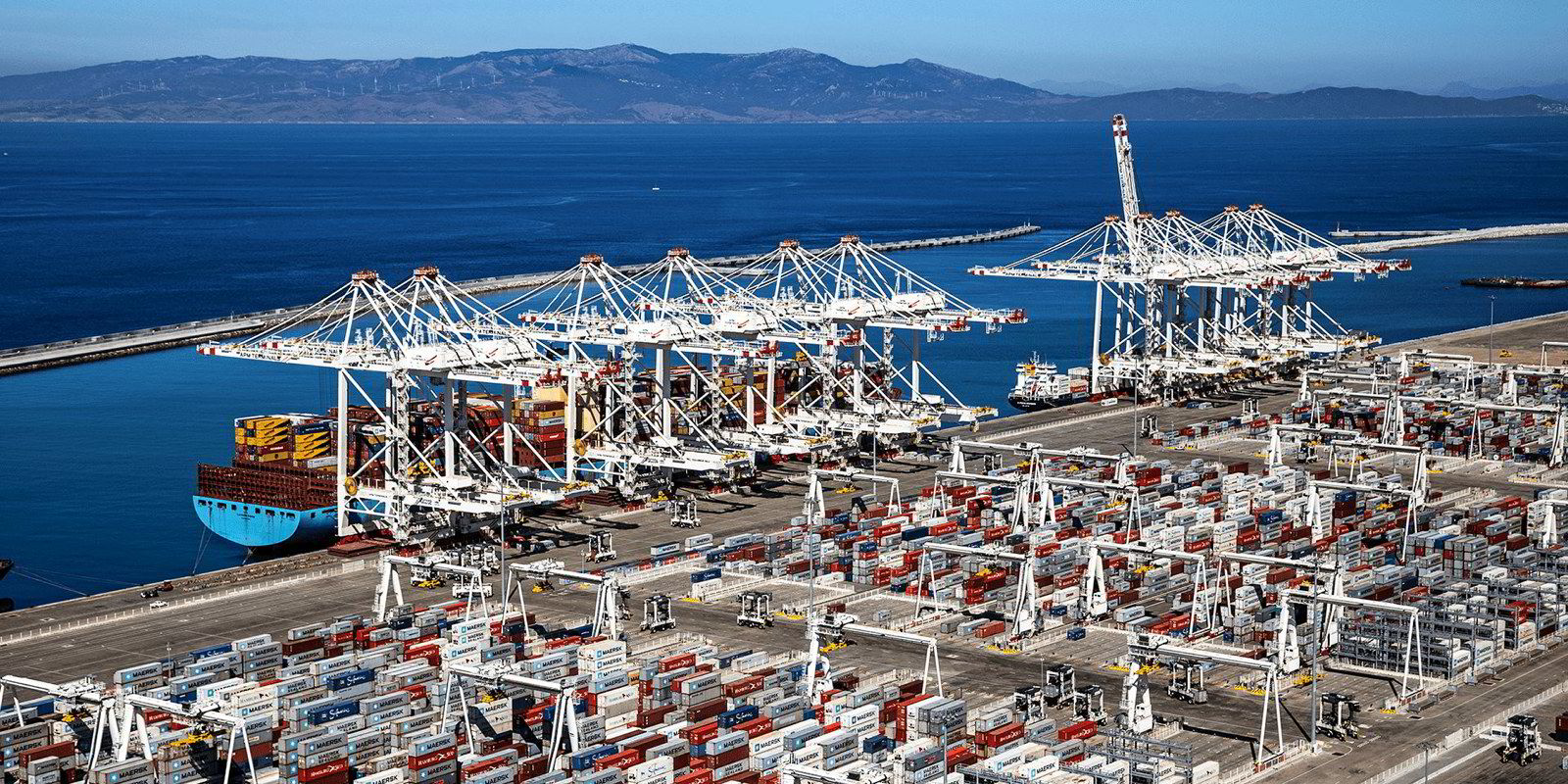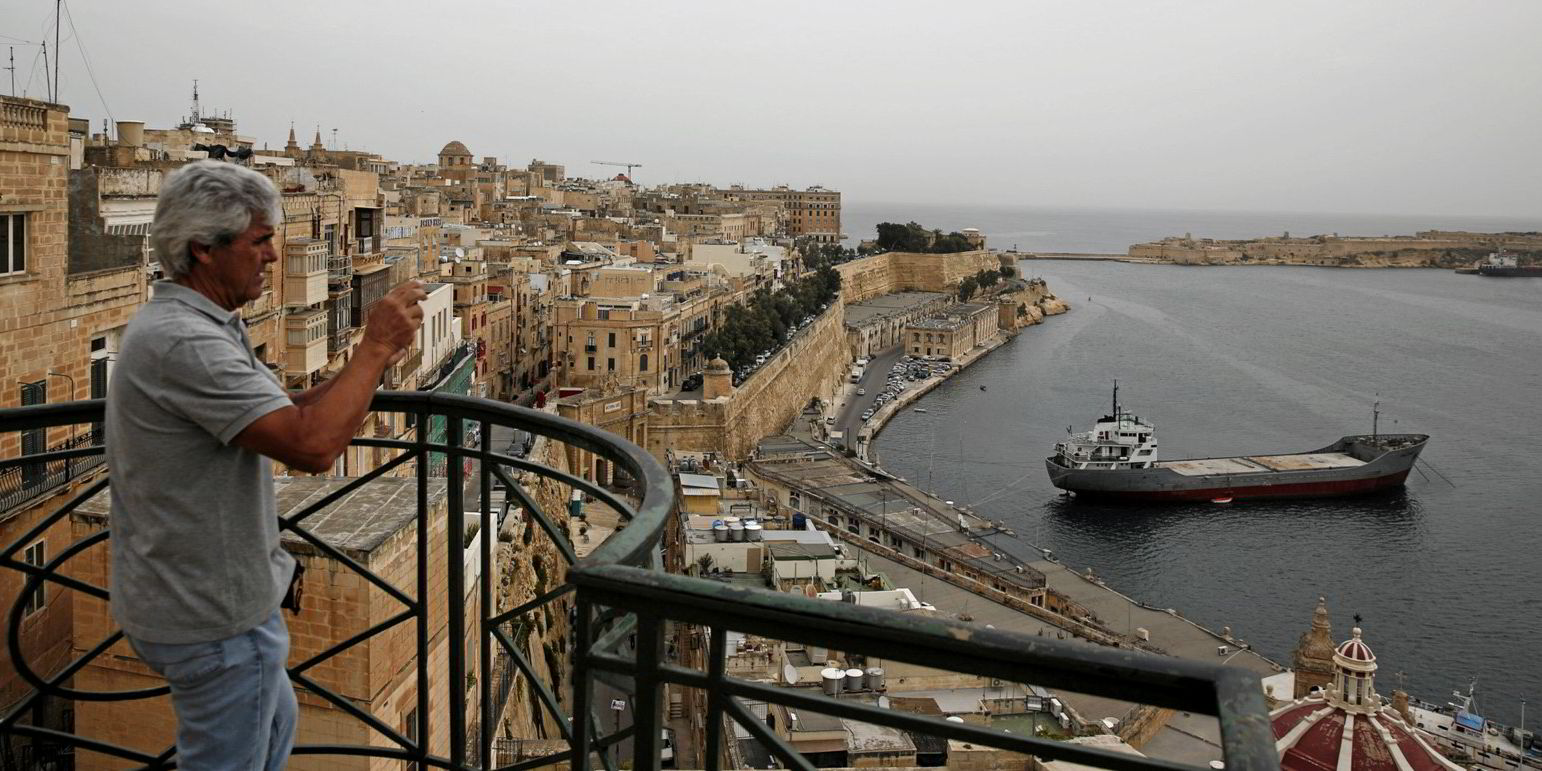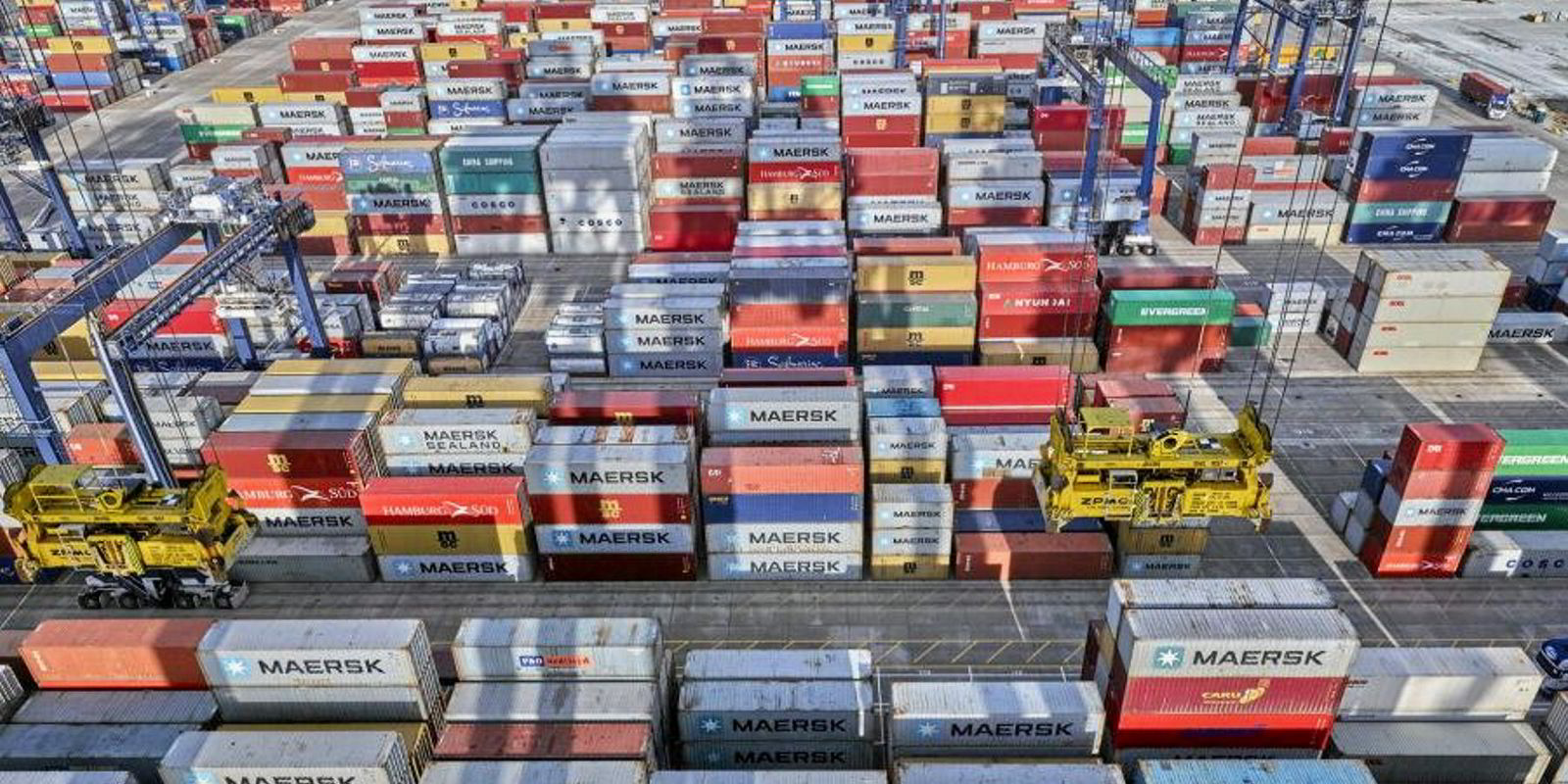Seven countries on the Mediterranean rim have urged the European Commission to quickly revise its emissions trading system (ETS) if it turns out to hurt their business interests.
The move comes just a few weeks before the European Union starts implementing the world’s first shipping carbon tax on 1 January 2024.
In a letter sent to the commission on 27 October, the seven EU member states focused on the ETS’s impact on European ports rather than on other stakeholders in the maritime food chain.
Cyprus, Croatia, Greece, Italy, Malta, Portugal and Spain asked EC officials to closely monitor any move by shipowners and managers to shift operations from EU ports that are liable to the tax to non-EU ports that are not.
The current ETS law includes provisions to prevent this, mainly by including non-EU ports within 300 nautical miles (556 km) of the bloc into the ETS’s scope.
That, however, “does not fully solve the issue and is not sufficient to address the risks we are facing”, the seven countries said in the letter they sent to three EC members and that was obtained by TradeWinds.
They asked for “concrete measures to contain and avoid the shift of operations from EU ports”. Such measures should be set out quickly in the first ETS implementation report due in 2024 or even “before, if needed”.
“Time is of the essence to avoid the shift of operations,” the southern European countries said.
In follow-up ETS legislation published on 26 October, the EU defined two ports — Tanger Med in Morocco and East Port Said in Egypt — as “neighbouring transshipment ports” that fulfil the criteria of falling within the 300-mile radius and whose transshipment exceeds 65% of total container traffic.
The seven EU countries only thinly disguise their desire to see the list grow.

“For the time being only two have been identified, but other ports may be building conditions to join this list,” they said in their letter.
The list could become longer as part of an in-built revision mechanism under which the EC monitors and reports on ETS implementation every two years from 2024.
European port industry players such as the Federation of European Port Companies & Private Terminals (Feport) are already pushing for the process to be sped up.
“We need a real assessment… to be conducted now and not in two years when cargo will have left some EU ports for good,” Feport secretary general Lamia Kerdjoudj said.
Malta, which is home to a major transshipment container terminal, has expressed grievances as well.
The country’s transport minister, Aaron Farrugia, said in September that container terminals in North Africa, Turkey and the Middle East are changing their business model to pick up business dropped by their EU rivals.
Hurting the cash cow
Geographical proximity to rivals unburdened by environmental legislation is particularly annoying for the EU’s “Club Med” countries.
In Europe’s highly indebted and economically fragile south, ports are often major sources of employment and privatisation receipts.
Greece, where China’s Cosco Shipping has transformed the Piraeus Port Authority into a transshipment powerhouse, is in the process of selling other ports as well.
Last month, Greece’s privatisation agency signed a 40-year concession deal with US investors for the port of Kavala, expected to generate €33.9m ($37m) in direct proceeds and a further €36m in future investments.
The seven EU countries were not shy about raising this point directly in their letter.

“It is important to recall that, in our Member States, there are significant investments ongoing or planned that might shift to other geographical areas or be unviable, considering the absence of a level playing field in this measure,” they said.
The EC has not directly responded to the letter so far, generally pointing to the revision mechanisms already foreseen under the scheme instead.
That, however, falls short of the demands posed by the group.
“As an immediate and first step, we suggest that the Commission could issue a public statement stressing its commitment to address with concrete measures, from the entry into force of the ETS directive, the risks identified,” the letter said.
“We are now entering a crucial implementation phase of our Green Deal commitments — we must do it right and avoid jeopardising the competitiveness of EU ports and of the EU economy as a whole.”





